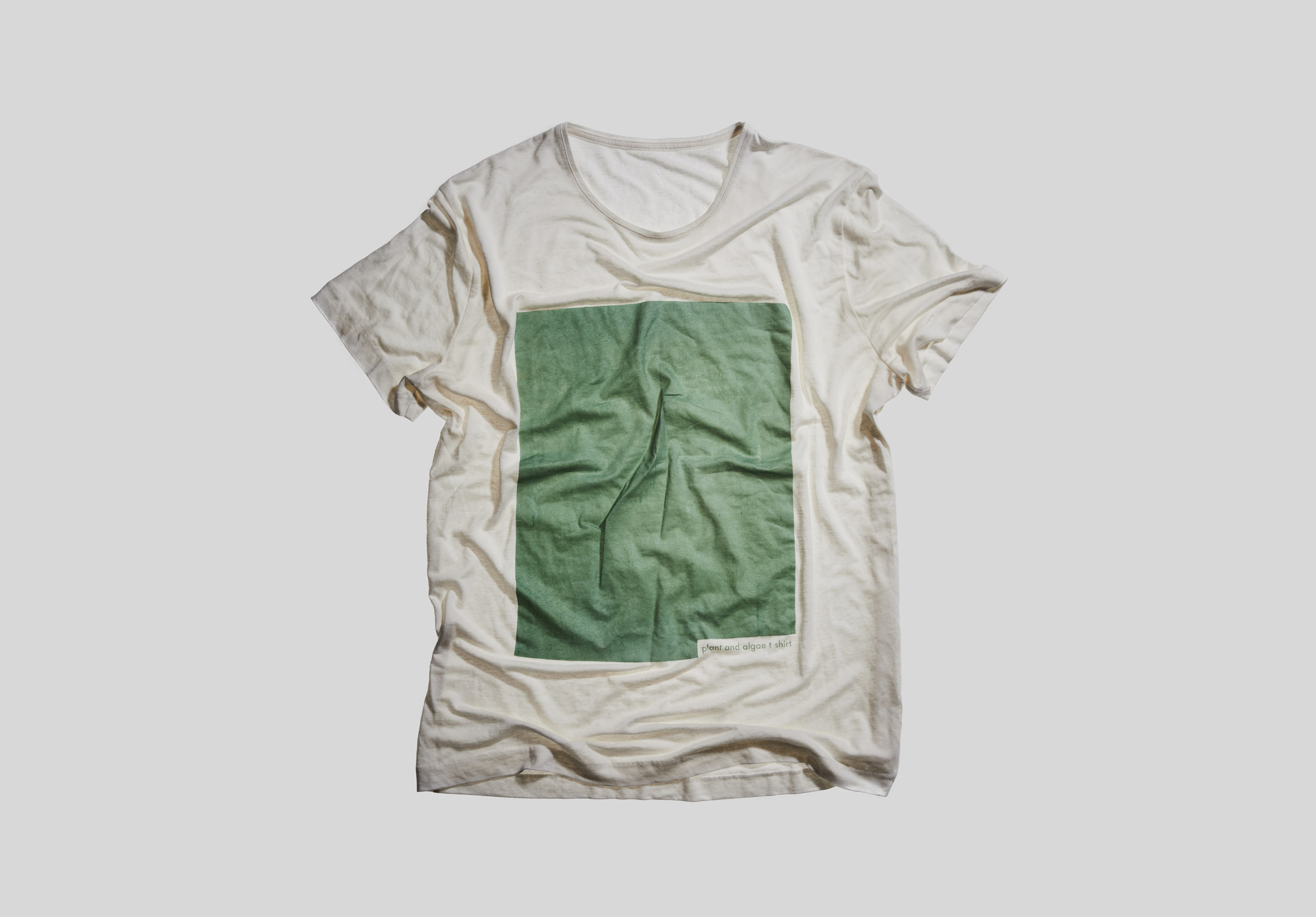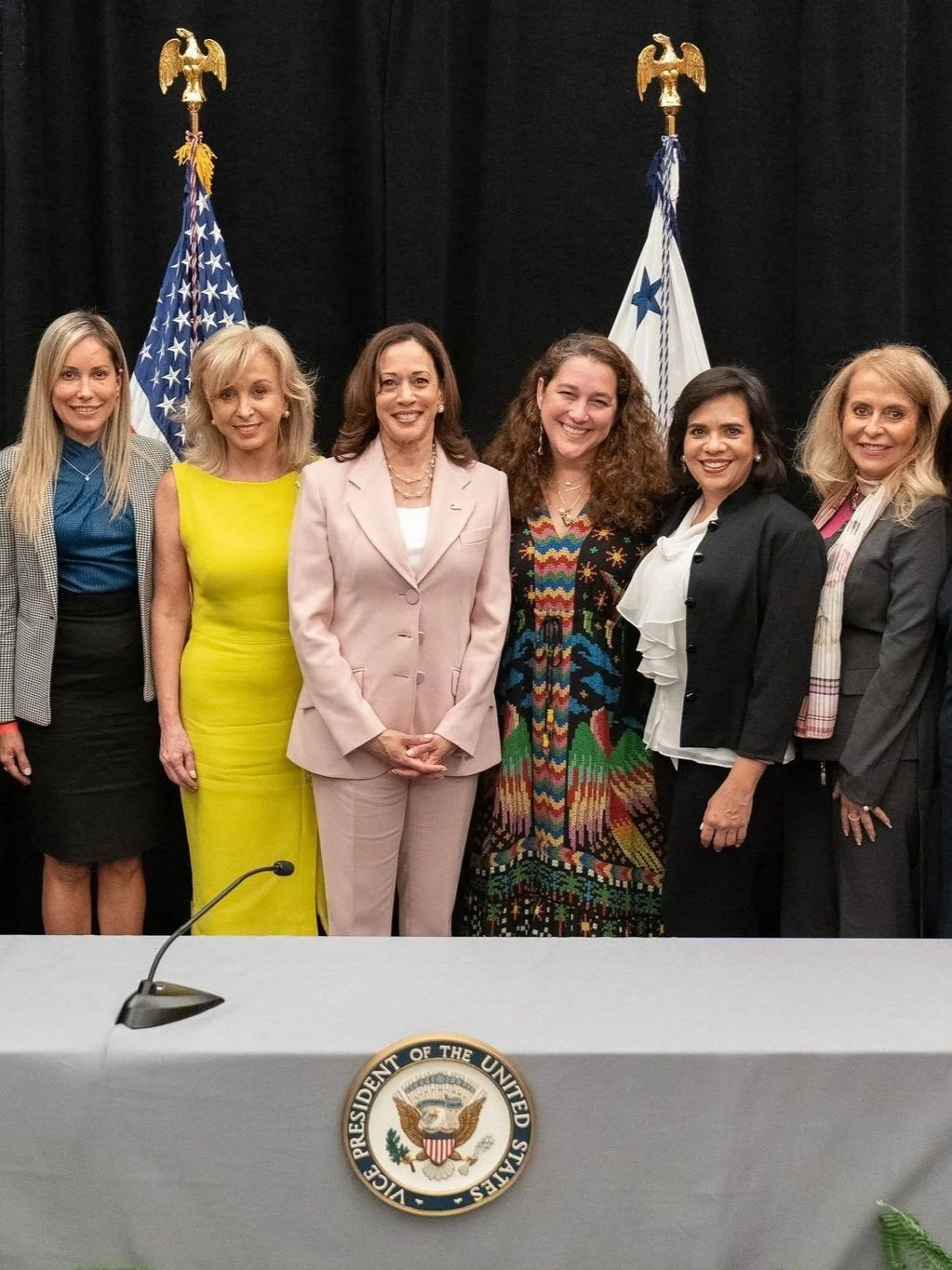The fact that it can take 2,700 litres of water to produce the cotton needed to make a single t-shirt is just one of the alarming statistics that have fuelled the debate surrounding fashion’s negative impact on the environment. However, one UK-based company is attempting to shed a more positive light on this humble wardrobe staple, creating a t-shirt with more eco-friendly credentials.
Tech start-up Vollebak, founded by twin brothers, designers and athletes Nick and Steve Tidball, uses science and technology to inform its range of clothing, and the company’s latest innovation is a t-shirt made from wood pulp from sustainably managed forests. Sourced from eucalyptus, beech, and spruce trees, the wood is then chipped and pulped before being turned into fiber, then yarn and finally fabric.
Vollebak co-founders Nick and Steve Tidball.
The block design on the front of the t-shirt is created entirely from algae grown in bioreactors, in a process that turns the aquatic plant into a printable ink. And according to co-founder Steve Tidball, each garment is "unique" thanks to the natural properties of algae, which eventually cause the green design to fade and change color.
The t-shirt also ticks all the right boxes in terms of biodegradability. Once it reaches the end of its life, it can either be put into a compost bin or buried in the ground where it will decompose. The speed of decomposition will depend upon the environment in which the t-shirt is put it, but the hotter the conditions and the more bacteria and fungi it is exposed to, the faster it will biodegrade. And once decomposed it will be transformed into the same matter as the dead plants, grass and leaves on the ground that are then eaten by worms. The t-shirt essentially becomes "worm food".
The three-year old company is known for its experimental clothing, previously creating a color-shifting jacket that uses embedded black glass spheres to emulate the camouflage qualities of a squid, and its solar charged jacket won Time Magazine’s Best Inventions of 2018, as well as Wired’s Gear of the Year and secured a win at Fast Company’s Innovation by Design awards.
"Having already put man-made super-materials like graphene and carbon fibre into clothing, we wanted to start the journey of getting algae into clothing too," Tidball told Dezeen. The waiting list is now open…












